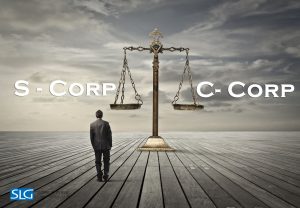Previously on this blog, we discussed two important matters relating to the formation of the Terms of Use on your business’s website: avoiding using boilerplate language in favor of terms tailored to your specific business and having a privacy policy regarding the collection of customer information. The following are two more important things to consider during the process of drafting and posting your website’s Terms of Use.
Many companies use their website to conduct online sales. No matter what your product is or the size of your operation, failing to have clear conditions of sales on your Terms of Use can result in disputes and even legal claims. The terms of a sale should be in clear language that the customer can read and agree to prior to making a purchase. Some terms to address in this part of your Terms of Use include the following:
 Business Lawyers Blog
Business Lawyers Blog











